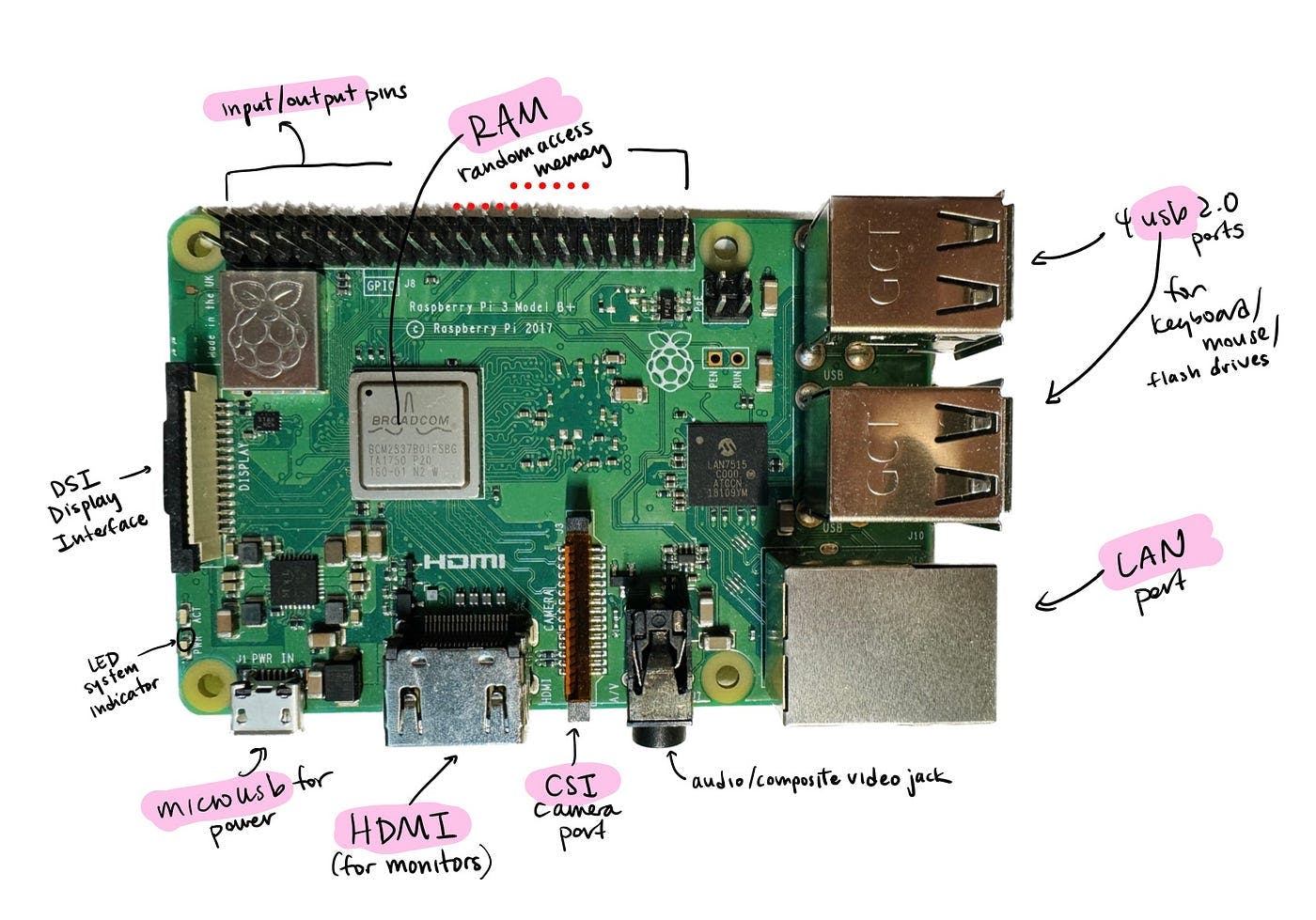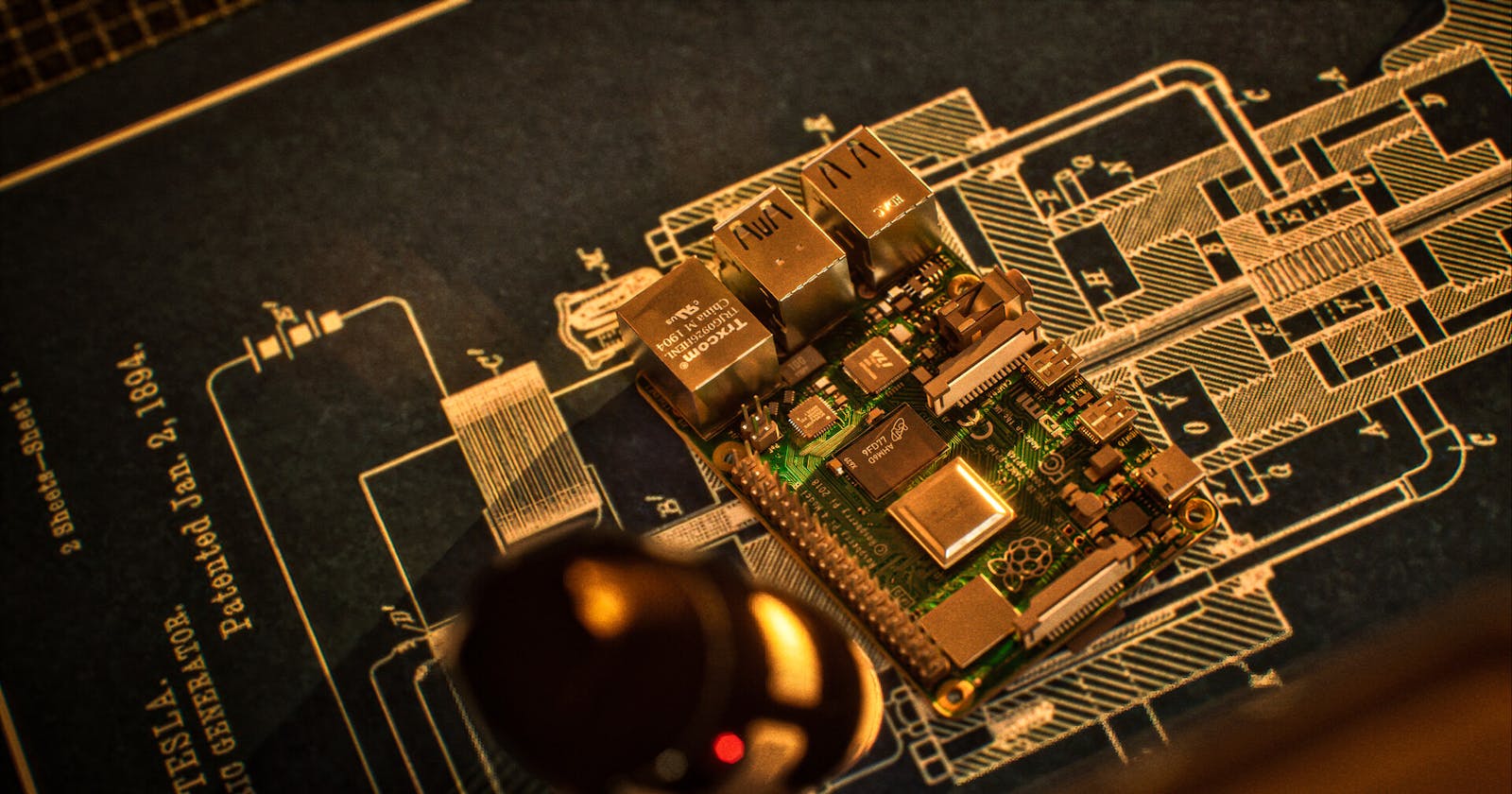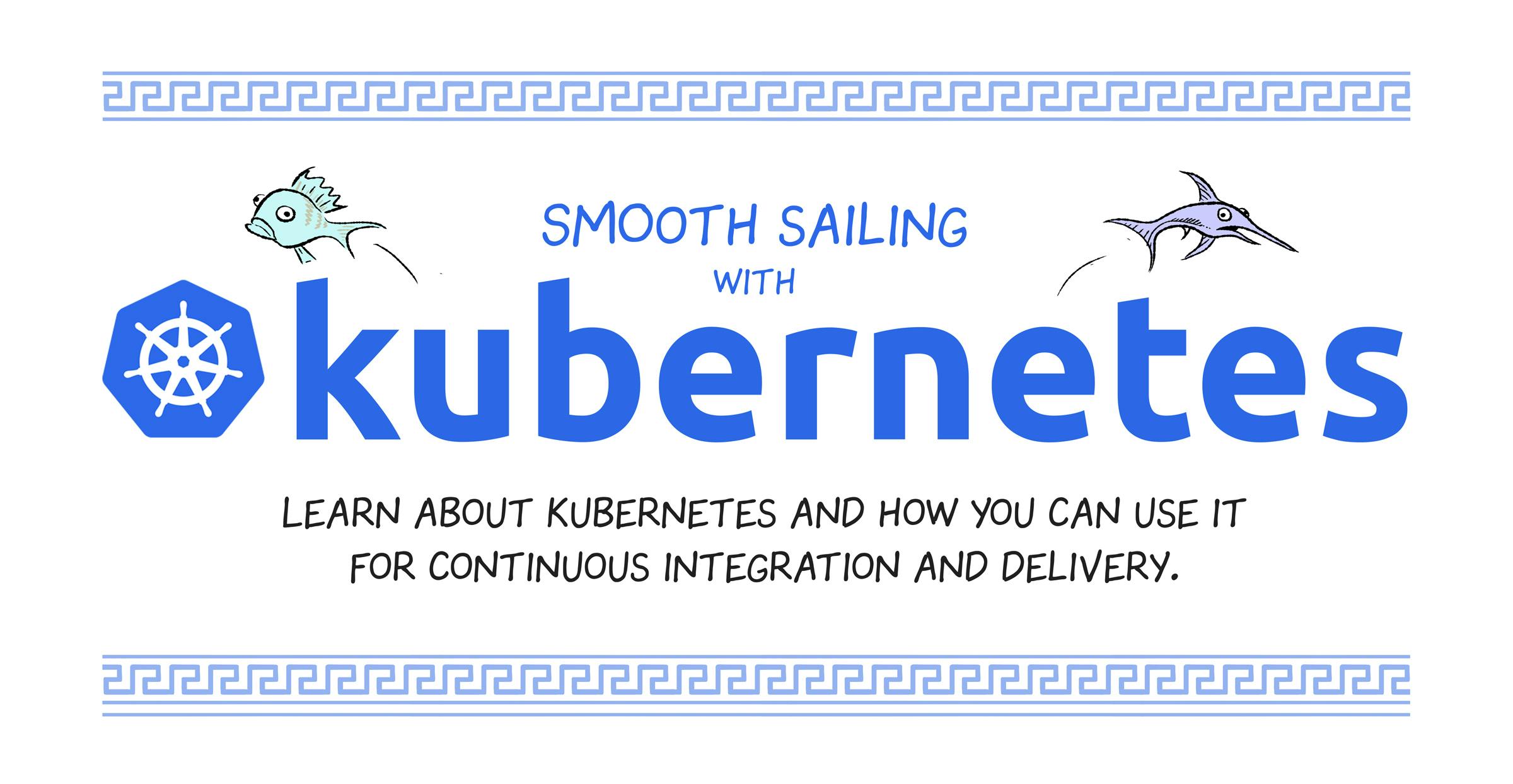Motivation
Building your own homelab offers a myriad of benefits that can significantly enhance your learning, experimentation, and professional development in the field of technology.
Having a homelab provides you with a safe and controlled environment to explore new technologies, experiment with different configurations, and test software applications without the risk of impacting production systems. It serves as a sandbox where you can hone your skills in system administration, networking, cybersecurity, and software development through hands-on experience.
Additionally, a homelab offers the flexibility to customize your infrastructure according to your specific requirements, enabling you to simulate real-world scenarios and troubleshoot issues effectively.
Furthermore, maintaining a homelab fosters a sense of autonomy and empowerment, allowing you to take ownership of your learning journey and pursue projects that align with your interests and career aspirations. Whether you're a seasoned professional seeking to expand your skillset or a curious enthusiast eager to delve into the realms of technology, building your own homelab provides a valuable platform for continuous learning, innovation, and personal growth.

Kubernetes
I came across this fun illustrated comic from Google on Kubernetes:
Do give it a read if you're new to Kubernetes or even if you like comics!
What is Kubernetes?
In layman's terms:
Kubernetes, often referred to as K8s, is an open-source container orchestration platform designed to automate the deployment, scaling, and management of containerized applications. Its significance lies in its ability to abstract away the complexities of managing individual containers, allowing developers to focus on building and deploying applications seamlessly across diverse environments.
Why Kubernetes?
Using Kubernetes for a homelab environment offers several compelling advantages:
Kubernetes enables you to orchestrate containerized applications efficiently, allowing you to deploy, scale, and manage software with ease. This is particularly beneficial for homelab enthusiasts who want to explore modern application architectures and microservices-based deployments.
Provides a standardized platform for running applications across different environments, making it easier to migrate projects between your homelab and cloud-based infrastructure.
Offers robust scheduling and resource management capabilities, optimizing the utilization of your homelab hardware and enabling you to run multiple workloads simultaneously without compromising performance.
Leveraging Kubernetes in your homelab will help you gain valuable experience with a widely-used technology found in enterprise-level production systems.
Raspberry Pi

Raspberry Pi, a series of small single-board computers, has gained popularity for its affordability, versatility, and low power consumption. Despite its modest hardware specifications, Raspberry Pi packs enough computing power to serve as a capable platform for various projects, including setting up a Kubernetes cluster. Its compact size makes it ideal for building homelab environments without the need for expensive hardware.
K3s

K3s is a lightweight Kubernetes distribution developed by Rancher Labs, specifically optimized for resource-constrained environments such as IoT devices and edge computing. Its minimalistic design and reduced memory footprint make it well-suited for running Kubernetes clusters on Raspberry Pi clusters. K3s retains all the essential features of Kubernetes while simplifying the installation process and consuming fewer system resources, making it an excellent choice for hobbyists and enthusiasts looking to explore Kubernetes on Raspberry Pi setups.
If you're a geek like me, read more about K3s here: https://docs.k3s.io/architecture


